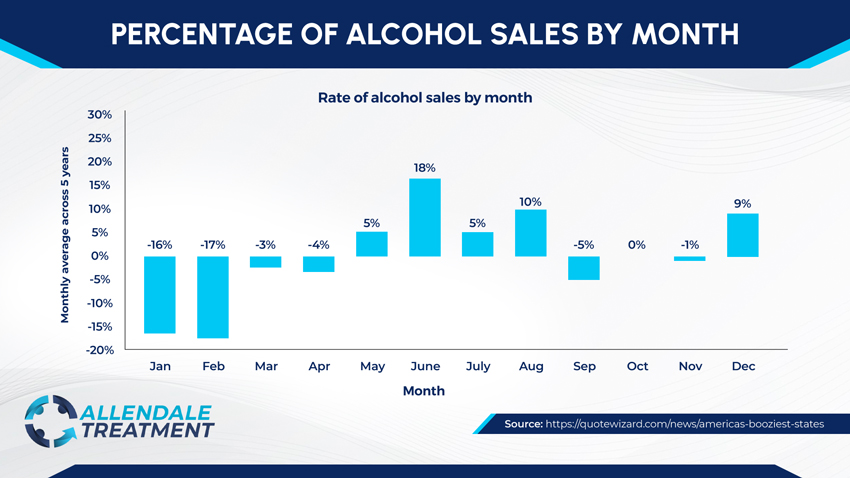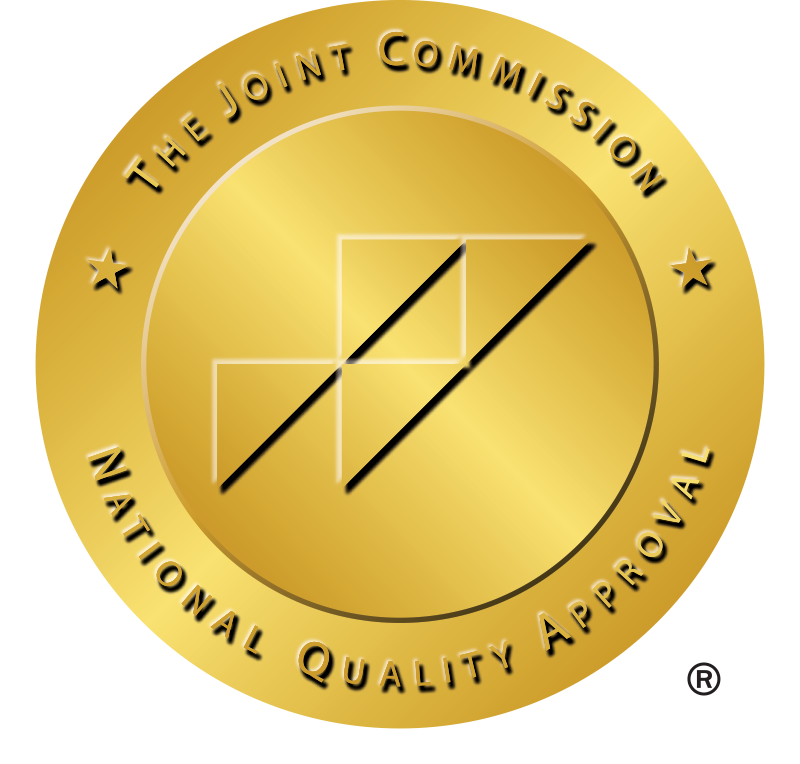Why Small and Moderate Amounts of Alcohol Consumption Can Be Dangerous
Why Small and Moderate Amounts of Alcohol Consumption Can Be Dangerous
Even before the pandemic, Americans were drinking more alcohol than during Prohibition. Alcohol has become the go-to drug of choice among a growing number of people who use it for socialization purposes, to unwind after a long day or to self-medicate. The problem is that more research is showing that even low to moderate levels of alcohol can be harmful to the body and can contribute to everything from cancer to alcohol-related deaths. Additionally, when people abuse alcohol, they are putting both their physical and mental health at risk.
Updated: 2023
Written by: Allendale Treatment
If you or anyone you know are struggling with addiction, call (833) 338-6946 to speak with a professional.
Misinformation Looms About Alcohol Consumption
In the 1990s a study circulated throughout the media that consuming small amounts of red wine was beneficial to cardiovascular health. Unfortunately, this study may have been misleading as experts now call into question whether any type of alcohol use is good for the human body and they also fear that the damage alcohol can cause has been underplayed and its benefits exaggerated.
According to data from the Centers for Disease Control and Prevention (CDC) in 2021, alcohol was the primary cause of death for more than 54,000 Americans, causing nearly 17,000 more deaths than just a few years before. Alcohol is also the third leading cause of premature death in the United States and the number of alcohol-related deaths increased by 25% between 2019 and 2020. Alcohol-involved traffic fatalities in the U.S. ticked up by 14% to 11,654 in 2020 after being on the decline for several years.
In terms of how it can impact the body, even small amounts of alcohol consumption contribute to approximately 75,000 cancer cases and 19,000 cancer deaths per year including breast, colorectal, liver and esophagus. A recent study also found that more than 50% of adults are unaware of the risks associated with alcohol use and cancer. Many different underlying diseases or conditions involving alcohol could cause death. Between 2018 and 2021, the rate of Americans dying from alcoholic cirrhosis of the liver, the leading alcohol-related cause of death, grew by 42 percent, while deaths stemming from alcohol dependence or harmful use disorders increased by 54 percent.
Alcohol can also harm people who don’t consume it but are in the company of someone who does at is responsible for violence and abuse towards others including child abuse or neglect, physical or emotional abuse, sexual assaults and gun violence.
Because of all of the potential risks that are associated with alcohol use most experts recommend that people who already don’t consume alcohol not to, even if it’s for potential health benefits. They also recommend that people who do drink do so responsibly but check with their doctor if they fit into any of the following criteria:
Trends that Are Driving Alcohol Use
There are many contributing factors that have led to the increase in alcohol consumption in recent years including the mental health crisis created by the pandemic, the popularity of alcohol being used for socialization as seen with the increase of microbreweries and cocktail bars throughout the country and stagnant alcohol taxes in states that make consuming alcohol very affordable despite rising inflation.
According to data from NIAAA, alcohol consumption in the United States increased by 6.6 percent between 2018 and 2021 roughly totaling 597 drinks a year per person for Americans over 21. That’s the highest consumption level since 1988. More alarmingly, researchers from the study said the rate could be even higher because people often underreport their alcohol use. The pandemic also caused an alarming shift in the type of alcohol that was purchased by consumers. While sales of wine and beer only increased by about 1%, hard alcohol or spirits rose by nearly 17%.
Philip J. Cook, an economist and professor emeritus at Duke University, has studied alcohol taxes and consumption for several years and says that state governments could implement some changes to help combat the increase in alcohol consumption including putting restrictions on hours that alcohol can be sold and raising alcohol excise taxes. “Alcoholic beverages are cheaper today than they were in the 1980s, relative to the value of the dollar,” Cook said.
Jefferson Parker, a professor of psychiatry who co-directs a new addiction treatment program at the University of Mississippi Medical Center says that all of this excise consumption puts a strain on health systems across the country as people seek treatment for alcohol-related conditions and injuries. “The costs of alcohol abuse and dependence are phenomenal,” says Parker.
Coping Mechanism
Swapping Mental Health Treatment for Self-Medicating with Alcohol
People who drink as a coping mechanism to deal with behavioral health issues like stress or anxiety may find that alcohol helps them to relax or feel better for a short period of time. The problem is that it may actually be making those issues worse in the long term. Research suggests that when people stop drinking their mental health improves over a long-term period of time. Drinking can cause the following:
- Low mood and anxiety
- After the euphoric feelings of consuming alcohol fades, you may feel worse than before
- Post-drinking hangovers can include feelings of depression and/or anxiety
- Underlying mental health problems aren’t addressed
“If you keep reaching for something to medicate yourself with like alcohol. You’re going to continue to have the same issues and just feel worse while taking a toll on your physical and mental health. The only way you’re going to feel better is by addressing the underlying issues that are causing you to self-medicate because you can’t medicate every problem you have away.”
“If you keep reaching for something to medicate yourself with like alcohol. You’re going to continue to have the same issues and just feel worse while taking a toll on your physical and mental health. The only way you’re going to feel better is by addressing the underlying issues that are causing you to self-medicate because you can’t medicate every problem you have away.”

Nate Moellering
Community Outreach
Behavioral health treatment options include therapy or counseling and people who believe they have an alcohol use disorder are recommended to seek treatment at a medical detox or rehabilitation treatment center that focuses on a dual diagnosis approach so they also receive treatment for any mental health issues they are struggling with.
If you or anyone you know are struggling with addiction, call (833) 338-6946 to speak with a professional.



